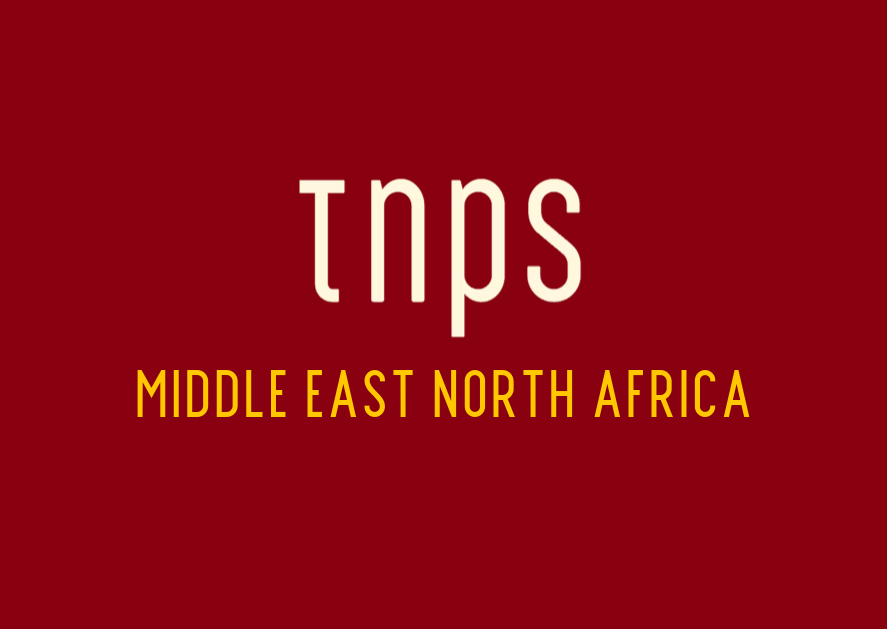As the northern hemisphere’s summer fades away so the warm-climate countries say goodbye to the oppressive heat and thoughts turn to books, with book fairs and literary festivals proliferating like wildfire around the world.
It was only a week or so ago we were registering almost 4 million people attending to Arab book fairs in lands where supposedly nobody reads.
And as we head into December the evidence is stacking up that, given the chance, Arabs love their books as much as anyone else.
Final preparation are underway in Saudi Arabia for the 5th Jeddah International Book Fair, which will run 11-21 December.
And while Jeddah is inevitably overshadowed by its big brother the Riyadh International Book Fair, which this year broke the one million visitor mark, we should not make the mistake of thinking Jeddah is some small-time village fete by comparison.
Jeddah has lately been attracting over 50,000 visitors a day, and last year topped 475,000 visitors.
This year 440 publishers from 35 countries will be participating.
As ever, this being Saudi Arabia, there is censorship in action, and the site rules clearly state violations of the book fair’s code will include:
• Exhibit and sale of books and cultural articles not approved by the Ministry of Culture and Information
• Exhibit or sales of books and cultural articles without authorization.
• Exhibit or sale of books not enlisted in the Books Form.
• Distribution of books, publications, tapes, or cultural articles without any prior written approval by the fair administration before two weeks of the opening.
That said, every country has its rules on what can and cannot be published, and freedom to publish always comes with caveats.
Saudi Arabia and Kuwait stand out among the Arab nations as countries that still have a long way to go to be considered tolerant and free societies.
But as advocates of an inclusive global publishing future we should embrace what is good, and note the progress being made, while supporting the publishers, authors and readers in these countries regardless of our perceptions of, or position on, the governments of countries that do not meet our own expectations.





